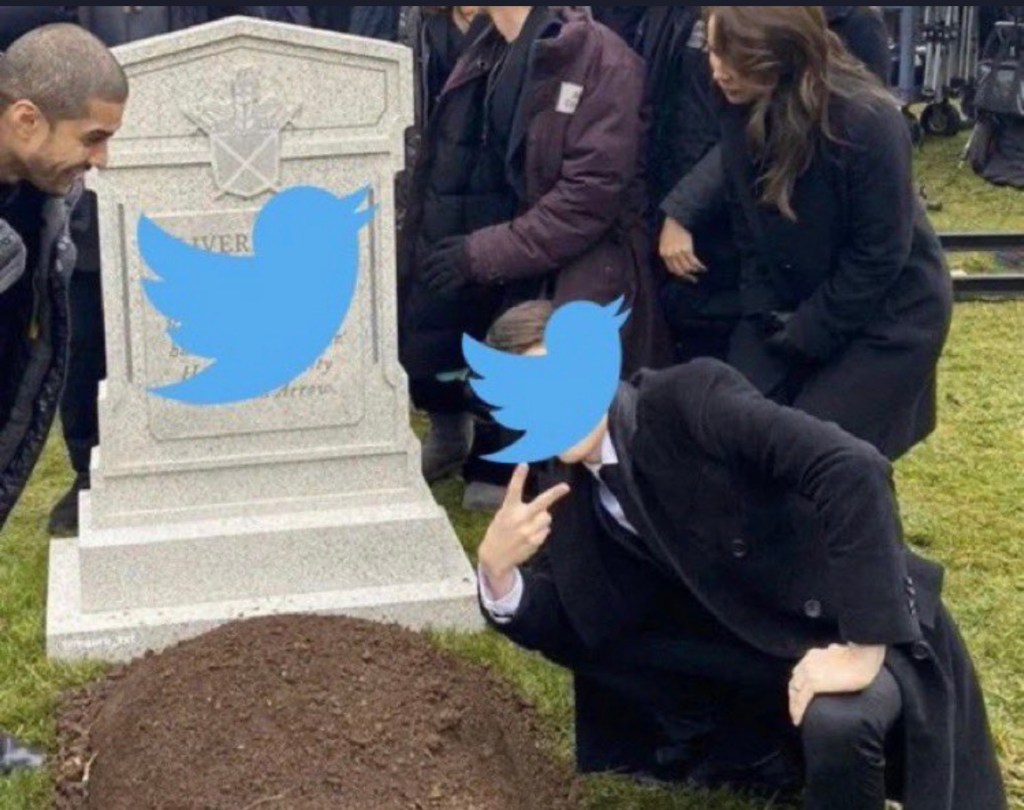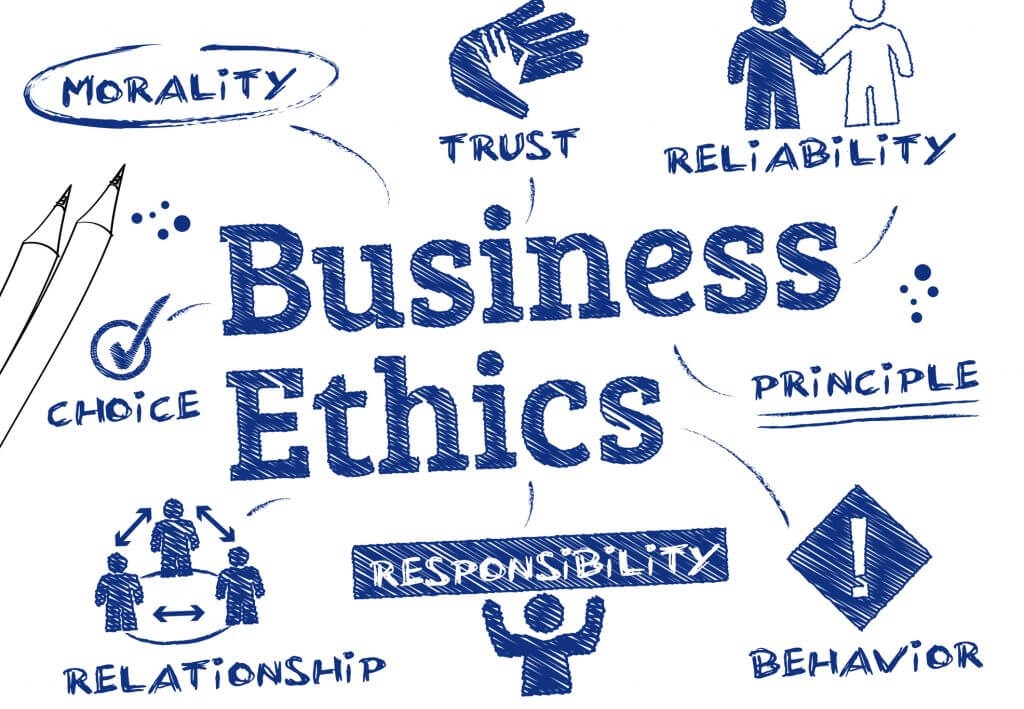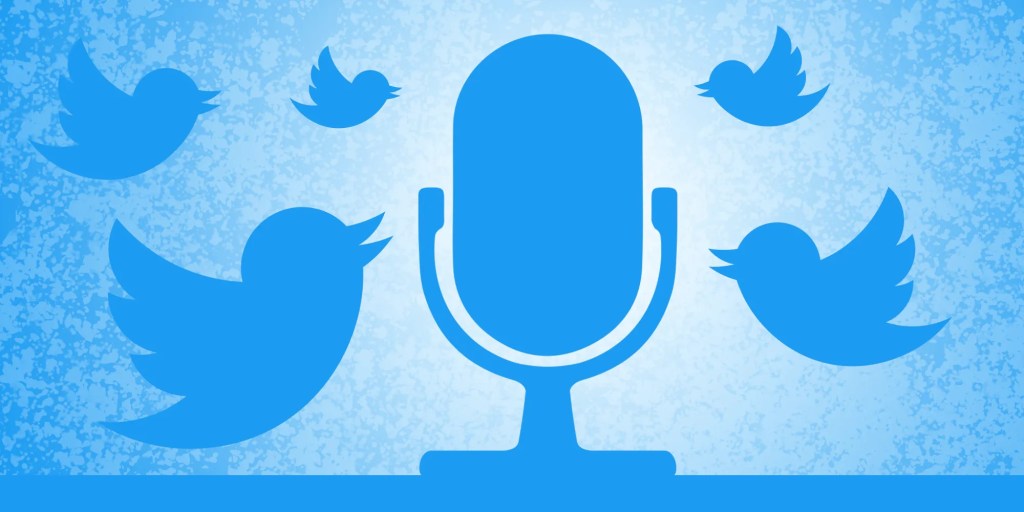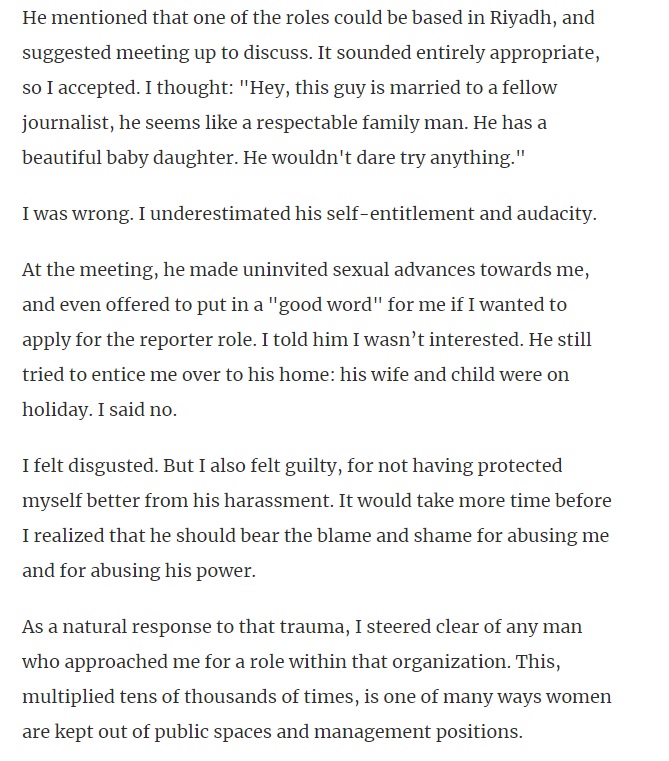
Mass firings and resignations, the loss of millions in advertising revenues, and arguments between employees and the new owner playing out in public; Elon Musk only bought Twitter less than a month ago, but both have been living in a constant state of crisis since then.
From the beginning the signs were not good. Elon Musk disbanded Tesla’s communications function in 2020. And yet, despite the need to clearly spell out his vision to the workforce, the new CEO canned Twitter’s communications function shortly after taking over.
What was left was a vacuum of information. Employees were left waiting to listen to Elon Musk (introductory town halls were both arranged and cancelled at short notice), and had to turn to Twitter or the media to know what was the vision of their new CEO and learn about what actions he was taking.
Rather than listening to his employees, Musk would often make grand statements on what was or wasn’t working at Twitter via his own Twitter account. Rather than taking in feedback from Twitter’s engineers who would try to correct him, Elon fired those who disagreed with him (both in public and on the company’s internal communication channels).
Elon Musk clearly believes that he can transform Twitter’s famously open culture to one that resembles Tesla or SpaceX. His Twitter employees clearly disagree. For those that remained after the first couple of firing rounds, the last straw seems to have been his Twitter 2.0 message, in which he told the remaining employees they had to work harder and longer hours.
The message has spurred mass resignations, including of key functions such as payroll and product safety. Media reports claim that Twitter’s remaining management are desperate to keep those engineers who are vital to maintaining the site at the company.
In many ways, the damage to morale is arguably irreversible. To quote one Twitter employee who spoke to the BBC, “I didn’t want to work for someone who threatened us over email multiple times about only ‘exceptional tweeps should work here’ when I was already working 60-70 hours weekly.”
For Musk, the question remains. Will he change how he manages Twitter and its people, before the platform collapses? Or will we continue to watch this crisis play out in real time, on the site?
What we have seen over the past couple of weeks is a clash of cultures (and communication styles). Twitter’s employees are passionate about what they do, they are committed to the platform, and they’ve always been open about their views. Take away the company culture, and you have little left. The company’s headcount is down from over seven thousand to about two thousand. We may be reaching a point where there’s not enough people to maintain the platform. And none of this was inevitable (well, at least not in the space of a month).
Whether Musk can turn this around is still up for debate. But the past couple of weeks will become a case study in self-inflicted crises. Elon Musk couldn’t or wouldn’t listen to staff, he didn’t communicate internally, he limited much of his interactions to a small group of people, and he wasn’t able to understand Twitter’s culture. His decisions and communication style grated with employees, meaning he effectively lost their support from the get-go. And the less said about his product decisions, the better. My thoughts are very much with the employees who kept Twitter going. They deserved better than this.









